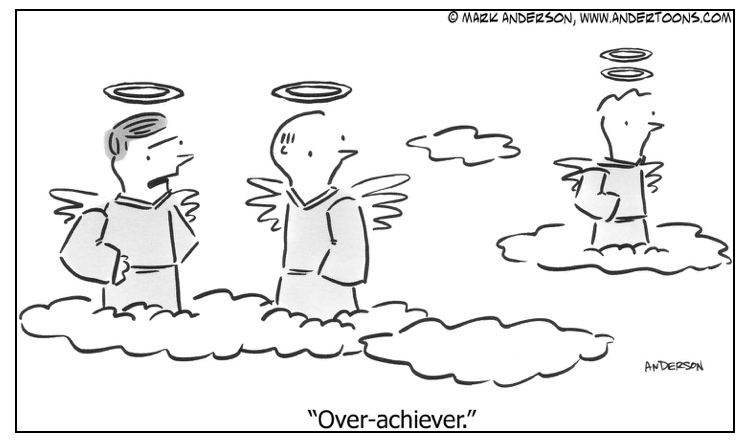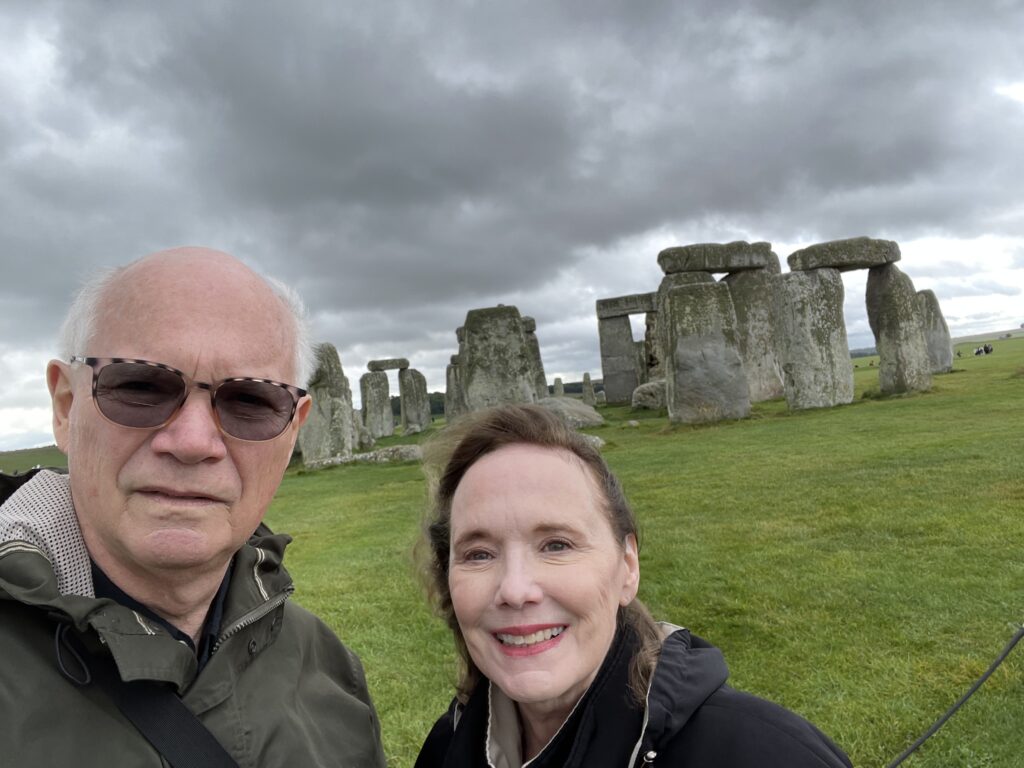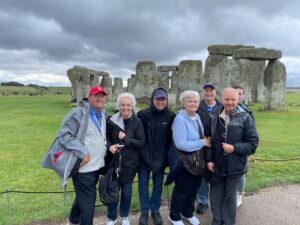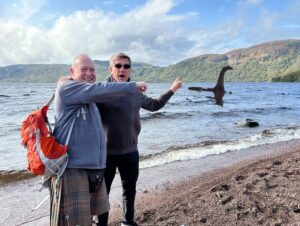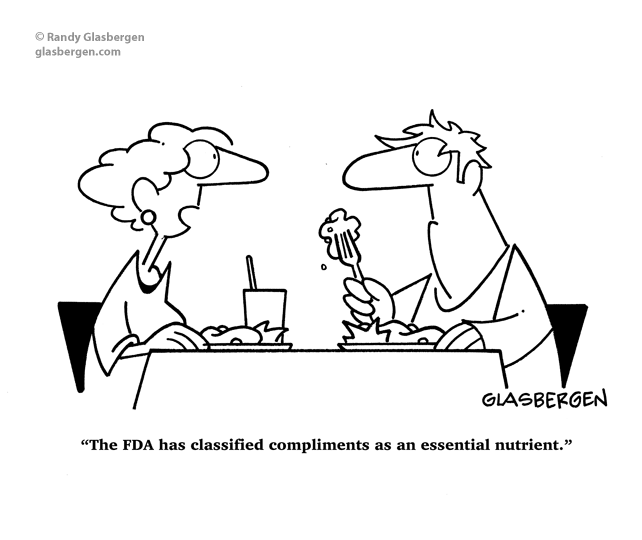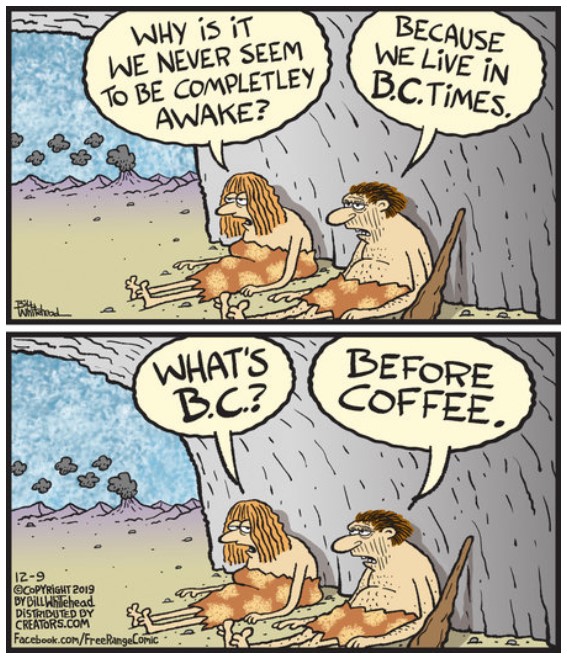
As I write this post, it’s very hot outside. I live in Dallas where the temperature has hovered around 106° degrees for weeks. Yesterday, I had a bad, somewhat traumatic event.
I picked up my grandson from his basketball camp and was driving home on I35 when the traffic stopped due to an accident. We didn’t move for an hour. It was 107° degree. I drive a 16-year old car and it started started overheating. So every five minutes I turned the AC off and lowered the windows to let the engine cool (but made us hot), then turned the AC back on for five minutes, then repeated. There was no breeze. Large trucks were spewing their exhausts. We had no water in the car.
It was a difficult experience, certainly the worst part of that day.
That evening I read the following words from neuroscientist and philosopher, Sam Harris. I wish I had read them the morning of my bad event.
“As you go about your day today, see if you can identify your lowest moment. The point in time where you are least happy, least in touch with how good your life is, or can be. Most agitated, or contracted, or worried… and in that moment see if you can bring to mind one thing that you are deeply grateful for. A relationship, or your health, or that you’re comparatively free of pain.
“You might even use a negative visualization and reflect on how much worse life could be and think about all the people who would consider their prayers answered if they could trade places with you in that moment. Just think of what it would be like to lose everything and then be restored to the moment you’re now in, your lowest moment of the day, and see if you can transform your experience in this way.
“You can almost always do this if you remember to do it. Because to have your health, even only sort of, and to have friends, even only a few, and to have hobbies and interests, and the freedom to pursue them, to have spent this day free from some terrifying encounter with chaos is to be blessed. So just look around you and take a moment to actually feel how blessed you are.
“You get another day to live on this earth. Enjoy it.”
Perspective and attitude are powerful influencers and controllers of our experiences and lives. And we control both at all times.
Yes, I was stuck in traffic and sweating, but: I have a car to drive (though it be old); I’m with my grandson whom I adore; I have a home and family to go home to (and the house has AC); I have family who are worried about our situation (thanks to cell phones).
Ben and I made it home safely that day.
Tomorrow, when life throws another dagger of disappointment, I’ll take Sam’s advice and reframe the experience, turning it into a reason to give thanks.

